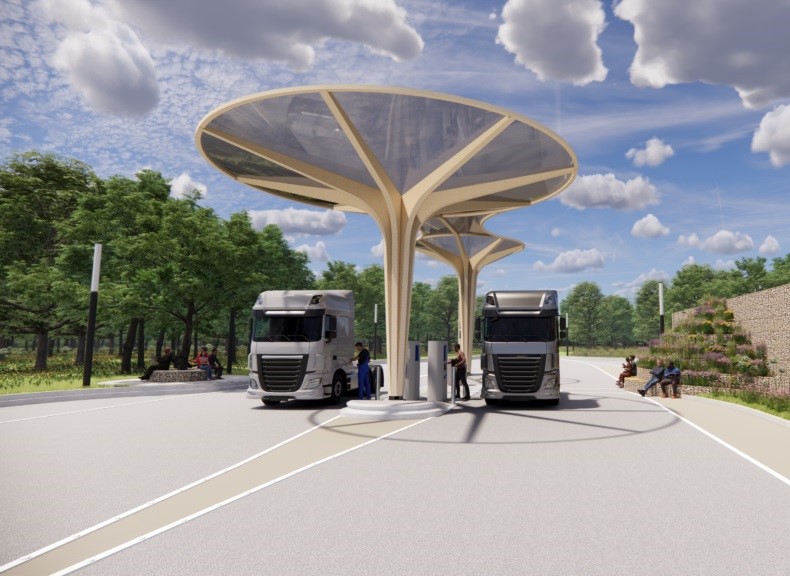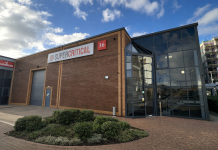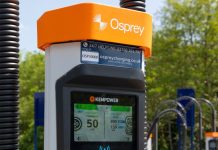A consortium led by South West-based hydrogen developer, Tower Group, is to create the 14Exeter H2 Hub, a 5 MW pilot plant with mobile refuelling capability in East Devon.
The project, which includes Element 2, the University of Exeter’s Centre for Future Clean Mobility, EMotive, Oort Energy, Costain and Gardiner & Theobald, aims to supply hydrogen to fuel cell electric vehicles owned by Wales & West Utilities, other utilities companies, councils and the public by 2026.
EMotive, based in Cullompton, will investigate opportunities to retrofit existing fleet with hydrogen combustion engines and/or fuel cell electric powertrains, via a pilot project of five to 10 vehicles from Wales & West Utilities, co-located with the refuelling pilot.
Stephen Offley, WWU fleet manager said: “Wales & West Utilities believes that hydrogen will soon become the most operationally satisfactory zero emission solution for high energy demand vans.
“Consequently, we expect to deploy hydrogen-fuelled vans at the earliest practicable opportunity, initially in smaller clusters, that operate within a convenient radius of the hydrogen refuelling location.
“These clusters will each create significant daily demand for hydrogen and cover almost 90% of our fleet duty cycles: subject to satisfactory operating experience and Total Cost Of Ownership (TCO), we would expect to progressively increase cluster sizes year-on-year.”
Alex King, CEO of Tower Group, said: “The UK needs more investment in hydrogen infrastructure. If we are going to truly level up the country and deliver on the promises of net zero, then we must accelerate our efforts and bring investment and jobs to those places desperately in need.”





Wonderful news that we will see a new fuel cell grade hydrogen mobile dispensing facility by EMotive part of the Exeter H2 Hub consortium based just outside Exeter. Although it is aimed at local utilities, I hope this will be the restart of an infrastructure of hydrogen filling stations in the UK which stalled 2 years ago because of the short term thinking by the National Infrastructure Commission who’s focus is exclusively on electric charging points, when hydrogen filling stations are needed to power our huge fleet of heavy good vehicles that all need to be converted from diesel to hydrogen fuel cell power by 2050